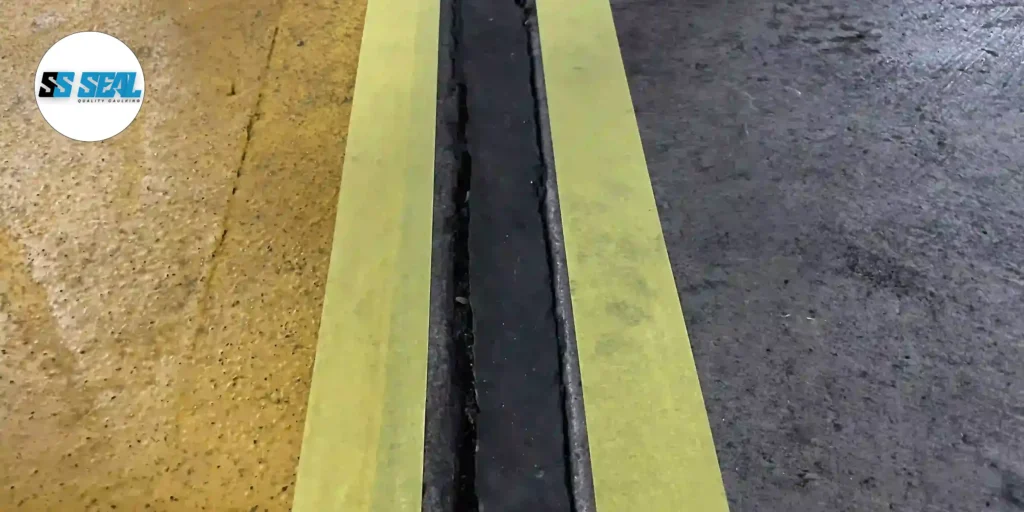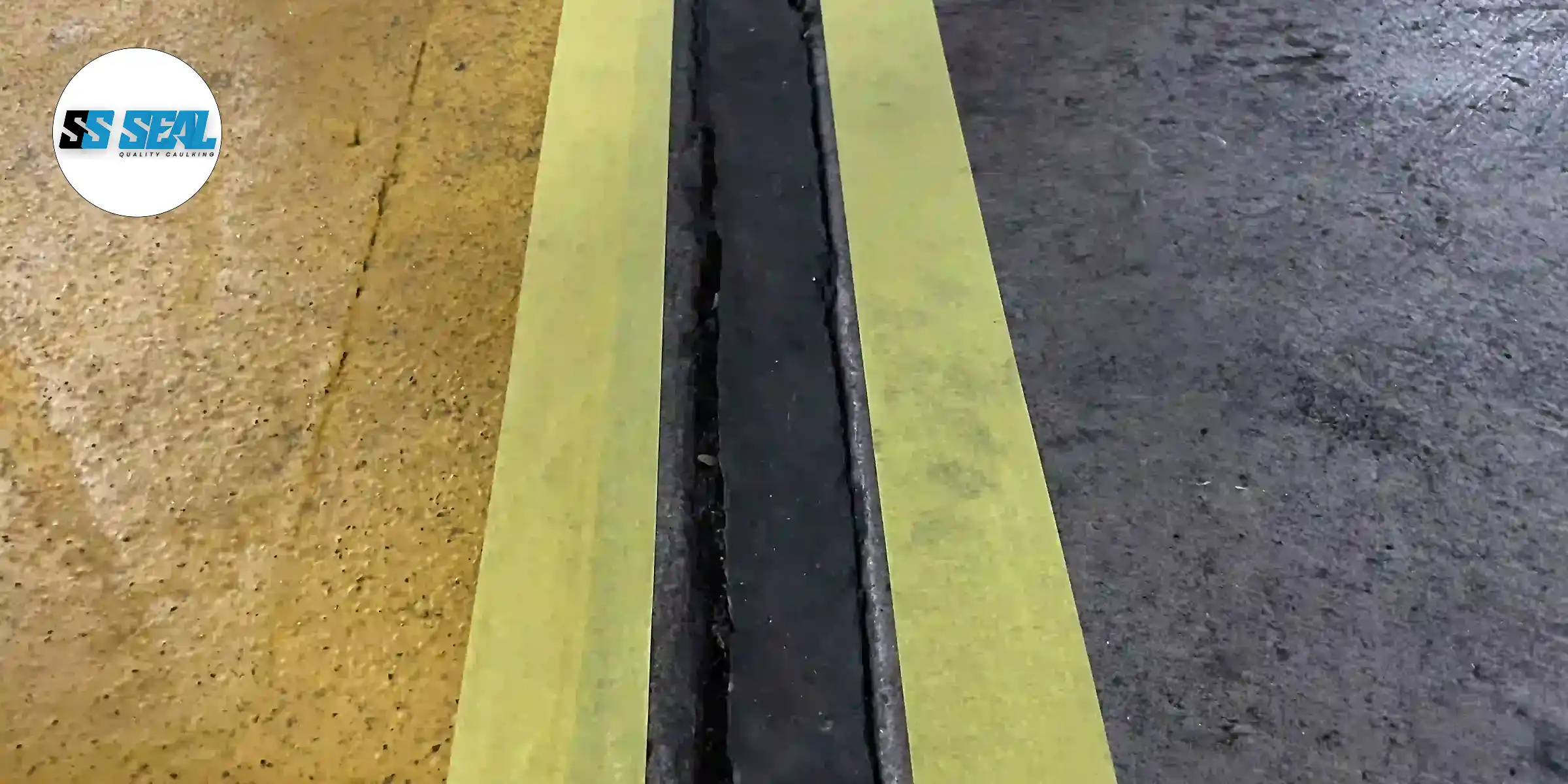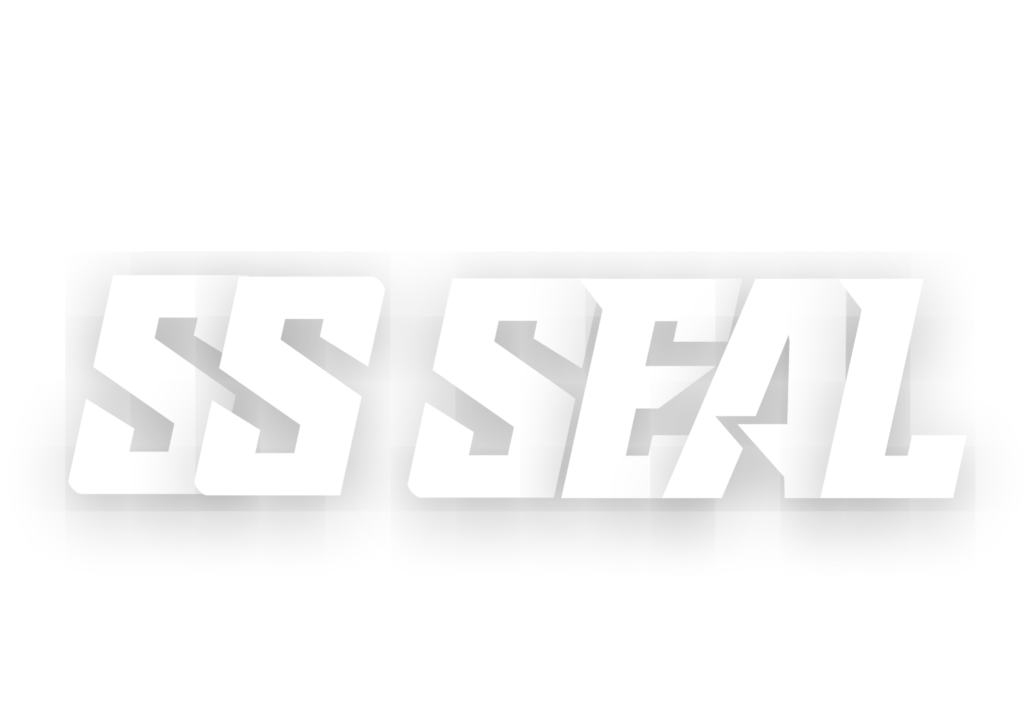What is Concrete Sealing?
Concrete sealing is a process of applying that extra layer to concrete surfaces to keep them impermeable to water, stains, chemicals, and wear. At SS Seal Sydney , we have many types of concrete sealers available, such as clear and colored sealers, intended for specific uses like drives, patios, and pool decks. Concrete sealing Sydney will help maintain the natural appearance, restore the look, or even update these concrete surfaces.
Why Seal Your Concrete?
Increased lifespan:
- Sealants act as a physical barrier against the action of water to seal concrete and prevent freeze-thaw cycles and water absorption.
- It protects by reducing, if not avoiding wholly, such irregularities in the concrete surfaces like cracking, spalling, and other deteriorations to extend its life.
Enhanced aesthetics:
- It can deepen the color of your concrete to add richness and vibrancy.
- It can also work to give an almost imperceptible sheen, making your surfaces look polished and clean.
- Whether your concrete is basic or decorative, sealing will enhance its appearance.
Easier maintenance:
- Sealing means surfaces will be less prone to stains, spills, and dirt, and hence easier to clean.
- This is especially good in high-traffic areas that receive a lot of use and possible spills.
The concrete will now appear newer for a longer period due to less effort to clean it.
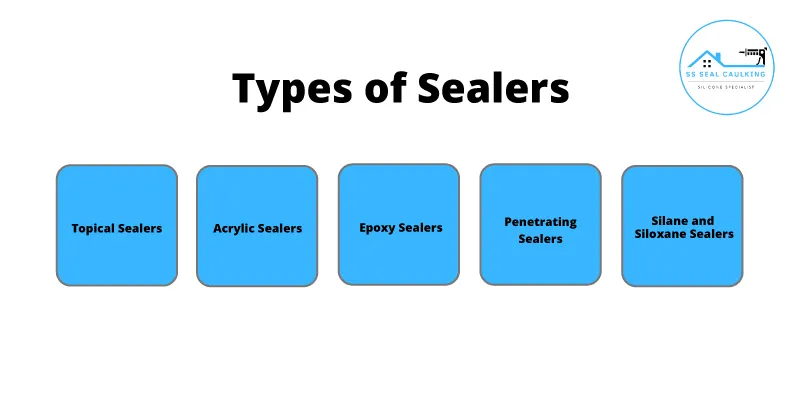
Types of Concrete Sealing
There are two major types of sealers to seal concrete: clear and color concrete. Each of these types has its benefits and uses, so choosing the right one for your project is pretty important.
Clear Sealing
The clear seal forms a thin layer on the concrete. It is an improved acrylic that gives the concrete a clear look, yet produces fine protection from all sorts of stains, both chemicals and water damage. AV clear sealing is applied plenty in the areas of driveways, pathways, and patios where you need to have the original color and texture of the concrete.
There are all levels of gloss with clear sealers—from matte to high gloss. Matte sealers are ; thus, not as reflective and also maintain a more natural appearance when compared to higher-sheen alternatives. High-gloss formulas give concrete a really shiny, polished appearance, which is often a desired outcome for driveway sealing Sydney. This shall, most of the time, turn out to be because of one’s personal preference and the look one is going for.
Colored Sealing
Colored sealing is practiced on concrete surfaces not only to protect, improve, and rejuvenate the property but also to color concrete and emphasize different styles and architectures that vary in colors. It openly conceals blemishes and results in various imperfections on top of the decorative effects. With this, the technique can hugely enhance the look of the area of the concrete surface, making it a very ideal application for many purposes.

The Concrete Sealing Process
The entire process includes two major phases: preparation and sealing application.
Preparation
You should prepare the surface properly for the best adhesion and protection. You can clean the surface by washing away dirt, dust, grease, or old oil spots using a power washer or stiff brush with dedicated cleaning services or a cleaning solution. Fill in any cracks or holes using a concrete patching compound, ensuring the face is smooth. Permit the concrete to get completely cured—usually in the order of 28 days for new concrete—before engaging professional services for sealing.
Sealing Application
Choosing the right concrete sealer for the concrete type and finish is important. On-dense applications, apply multiple thin coats per the manufacturer’s instructions. Allow each coat to be thoroughly dry before applying the next. The application of too heavy an application in one coating is not advisable. Apply the final coat, allowing it to thoroughly cure according to the manufacturer’s suggestion. Once cured, the sealer will seal this in to provide protection that gives added durability and improves the appearance of concrete.
How to Choose the Right Concrete
So many options are available that picking the right concrete sealer does seem very overwhelming. However, knowing the different varieties of sealers and what to look for will guide you in your decision. Types of Sealers:
Topical Sealers:
It helps form a protective barrier over the concrete surface area.
It gives concrete a nice gloss or matte finish.
Used in most decorative concrete and areas where high resistance is needed to stains, acids, or other chemicals.
Acrylic Sealers:
- Most common and affordable kind of topical sealer.
- Offer very good protection against UV damage or spillages.
- Suitable for driveways, roundabouts, and paved walkways.
Epoxy Sealers:
- Highly resistant to chemical attack and abrasion.
- Works well in high-traffic areas, garages, and on industrial floors.
Polyurethane Sealers:
- Provide excellent abrasion resistance and a high gloss.
- Commonly used for garage floors and areas exposed to harsh chemicals.
Penetrating Sealers:
Soak into concrete and repel water from within.
Avoid changing the concrete’s appearance greatly.
Allow the concrete to breathe, releasing moisture vapor.
Commonly used for driveways, sidewalks, and areas exposed to freeze-thaw cycles.
Silane and Siloxane Sealers:
- Most common types of penetrating sealers.
- Offer excellent protection against de-icing salts and freeze-thaw damage.
- Ideal for outdoor areas with concrete surfaces in harsh climates.
Consider certain factors and look for professional advice where you need it, and you will choose the perfect concrete sealer protection, enhancement, and for aesthetic and performance needs.
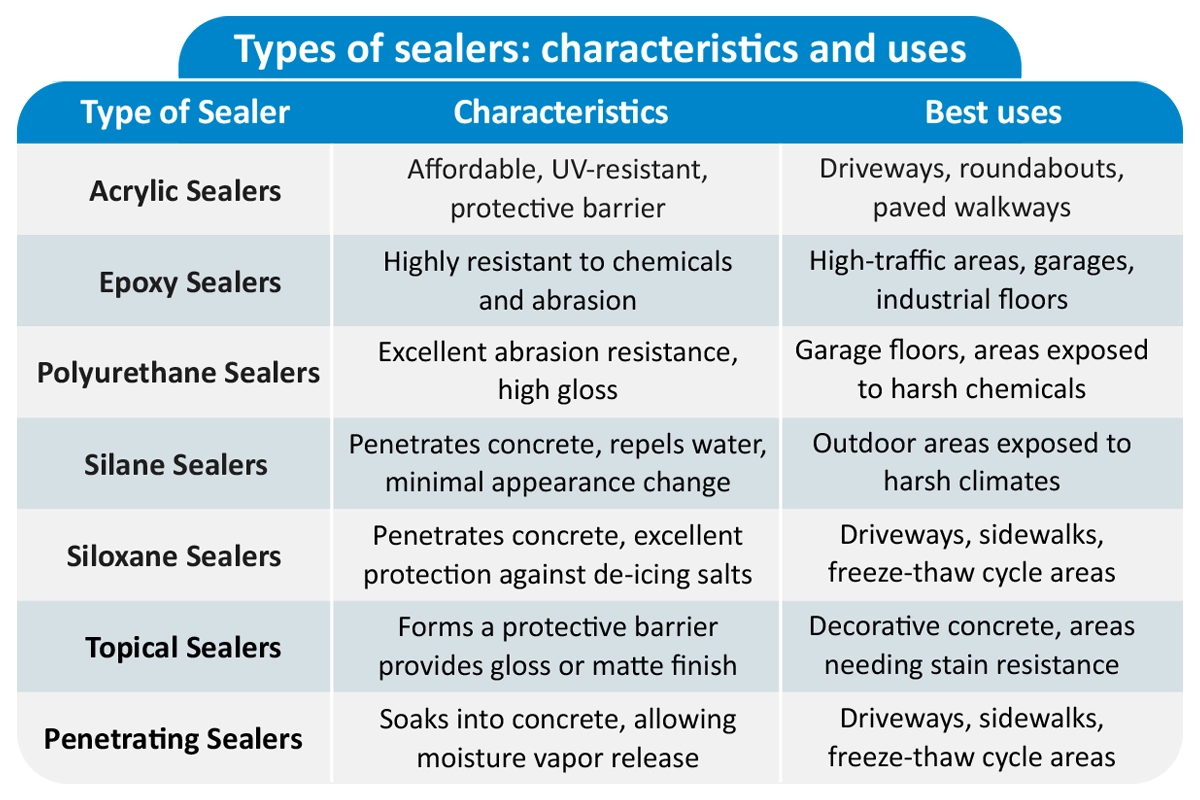
FAQ:
- What is the main purpose of concrete sealing?
The sealing of concrete surfaces is primarily done to protect the concrete from water, staining, chemicals, and general wear processes. It also beautifies concrete, making it easier to maintain. - What are the two main types of concrete sealers?
They fall into two broad types: topical sealers, which form a film on the surface, and penetrating sealers, which penetrate the concrete to repel water from within. - How often should I reseal my concrete?
The resealing frequency will be based on the type of sealer, traffic levels, and exposure to weather. Generally, acrylic sealers ought to be sealed every 2-3 years, epoxy/polyurethane every 5-7 years, and penetrating sealers every 3-5 years. - Can I seal concrete myself, or should I hire a professional?
Although some of these sealers are DIY-friendly, others may require professional expertise. Type of sealer to be used, size of area, and how experienced a person is—these are some of the considerations that come into play when deciding. - How do I choose the right concrete sealer for my needs?
Consider the type of concrete surface, the kind of use it is going to be put into, desired appearance, durability, and climatic conditions; seek professional advice if necessary.

